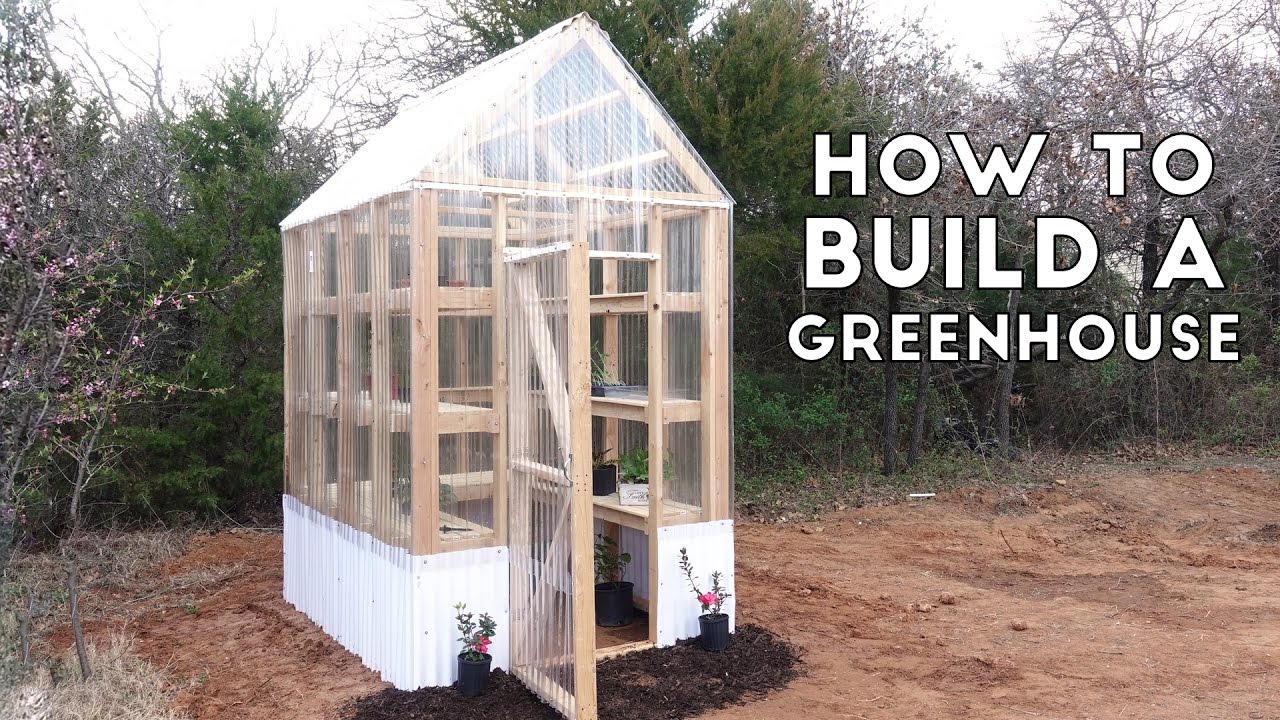How Long to Build a House: Effective Ways to Estimate Time in 2025
Building a home is an exciting journey, yet one that comes with numerous considerations, particularly regarding how long it takes to build a house. In 2025, understanding the house construction timeline will be crucial due to the evolving industry standards and methods. In this article, we will delve into the factors affecting house construction time, providing practical tips on estimation and scheduling home construction effectively.
Understanding the Average Time to Build a House
The average house building time can vary significantly based on various factors such as location, design complexity, and the construction method chosen. On average, traditional house building can take anywhere from six months to over a year. To estimate how long to build a house accurately, understanding specific timelines for each phase in the house building process duration is essential.
Standard House Construction Timeline
A typical timeline for building a house can vary from the initial foundation to final inspections. The major phases include:
- Pre-Construction: This phase can take several months for securing permits and financing arrangements.
- Foundation Setting: This crucial step usually takes 2-4 weeks.
- Framing: Depending on the size and complexity, this phase may take an additional month.
- Roof Installation: This generally lasts another 1-3 weeks, depending on materials and weather conditions.
- Interior Finishing: The final stages usually take 2-3 months, as plumbing, electrical work, and finishes are completed.
By understanding this construction project timeline, homeowners can create a more realistic plan and reduce the stress of unforeseen delays.
Key Factors Affecting Building Duration
Several factors affecting house construction time should be taken into account when scheduling the build. These can include:
- Location and Weather: Local regulations and climates greatly influence the time needed for building a house. Poor weather can lead to downtime.
- Labor Availability: The availability of skilled labor can significantly impact time vs. cost in building. Shortages can lead to extended building times.
- Material Delays: Sourcing quality materials can cause unexpected delays in house construction.
Recognizing these factors early on helps in estimating building duration and planning accordingly.
Managing Construction Timelines Effectively
Effective construction scheduling is key to completing a home on time and within budget. Utilizing a well-structured plan improves project efficiency and reduces the likelihood of unforeseen delays.
Creating a Scheduled Construction Timeline
A successful scheduled construction timeline incorporates detailed milestones for each phase. Begin by defining critical tasks, estimated durations, and responsible parties. Online project management tools can assist homeowners and builders in tracking progress effectively.
- Milestone Tracking: Implement milestones for crucial development stages, including permit acquisition, foundation pouring, and drywall completion.
- Regular Updates: Scheduling frequent check-ins can ensure all parties are aligned and help adjust timelines as necessary.
This proactive approach in construction time management minimizes risks and maximizes productivity.
Utilizing Technology for Efficient Job Sites
In today’s digital world, several technological tools can enhance efficiency in construction projects. Software for construction scheduling can provide contractors with much-needed insight into estimating house construction time. Utilizing tools such as Gantt charts can simplify timeline visualization, helping manage not only construction durations but also communication between builders and clients.
Furthermore, inspections and their timing should be regularly factored into the timeline, as delays here can significantly hinder the overall project durations.
Common Delays and Their Impact on Construction Time
When estimating building a house duration, it is vital to consider potential delays. Understanding common issues that affect timelines prepares homeowners for unexpected challenges.
Impact of Weather on Building Time
Weather plays a significant role in determining time to build a house. Rain, snow, and extreme temperatures can halt workers, affecting the average days for home building. Acknowledge seasonal factors when planning your schedule; some might prefer to build during dryer seasons to limit disruptions.
For example, planning the groundwork and heavy construction in the fall instead of winter may save several weeks due to weather constraints.
Delays in Securing Building Permits
Another common delay arises when homeowners face slow approval processes in local governments. A pre-construction planning time of several weeks to months is common. It is crucial to factor in such durations when predicting final move-in dates.
Be proactive about understanding local building regulations and use accurate pre-construction planning time to avoid unnecessary hold-ups.
Key Takeaways
Successfully estimating how long it takes to build a house demands foresight and careful planning. Here are a few key points to consider:
- Understand the average house building time and main phases to streamline efforts.
- Effectively manage timelines by creating scheduled construction plans that include regular updates.
- Takes weather and permit delays into account to form a more realistic construction calendar.
By following these steps, you can navigate the house building process with increased confidence.
FAQ
1. How long does it typically take to build a custom home?
The average time for custom home building can range from 9 months to over a year, influenced by design complexity and the contractor's scheduling efficiency.
2. What are the key stages of house construction?
The primary stages of house construction include pre-construction planning, foundation setting, framing, roofing, and interior finishing. Each phase has its expected duration, collectively affecting the overall timeline.
3. What common delays should I expect in the process?
Homeowners often face delays from bad weather, issues in securing building permits, or other unforeseen circumstances that can impact the construction timeline variation.
4. How can I speed up the home building process?
Employing quick home building methods like modular construction can reduce time significantly. Ensuring an efficient contractor relationship also helps in streamlining the new home building process.
5. Are there specific challenges for modular home construction duration?
While modular homes can be quicker to build, delays in factory production and site preparation can still occur, impacting the expected modular home construction duration.
6. How do inspections affect the building timeline?
Inspections can cause delays depending on local regulations, hence scheduling these can prevent disruptions in the overall construction phase durations.
7. How do I estimate financing and timing for my house build?
It is essential to secure financing well ahead of time and incorporate this aspect into your scheduling to avoid friction in the home building process.


